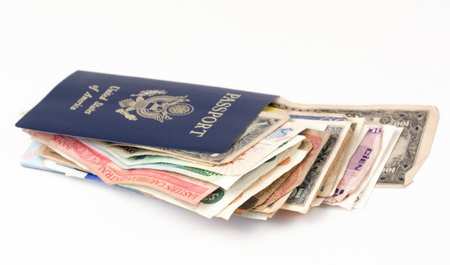
Living abroad for work can be a tricky tax situation. In many cases both countries want to tax your income that you’re making while working and living overseas. While many countries have different requirements, here’s what you need to know about the IRS’s requirements.
-
You may have a U.S. tax liability and a filing requirement in 2014 if you’re a U.S. citizen, resident aliens or have dual citizenship and you lived or worked abroad during all or part of 2013.
-
Eligible taxpayers normally get one two-month extension (June 15, June 16th this year). You are required to explain your expat situation in a written statement attached to your return.
-
If you are not a citizen of the US but have income from US sources, you may have a tax obligation in the US and that will need to be filed by April 15th or June 15th depending on your situation.
-
The IRS requires U.S. citizens and resident aliens to claim any global income, including money from banks, stocks and securities overseas.
-
More than likely you’ll need to fill out Schedule B that asks about the existence of banking, stocks and foreign income, You’ll also need denote the country the account is created and managed.
-
If you have accounts that go over $10,000 during the tax year, you’re required to file with the Treasury Department a Financial Crimes Enforcement Network using Form 114.
As mentioned, living and working abroad is a tricky tax situation. This is not something you want to do on your own. We’ll make sure you meet all of your tax obligations as well as making sure you get to keep as much of your money as possible. Call us today!
